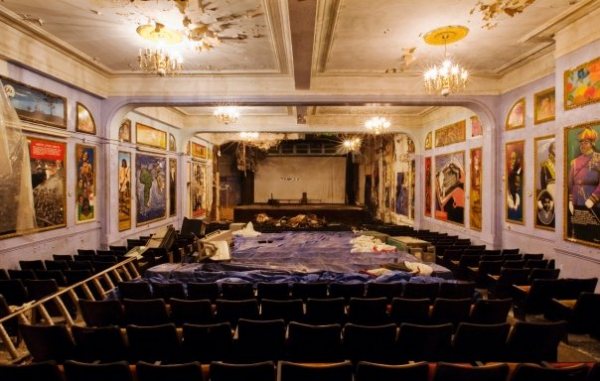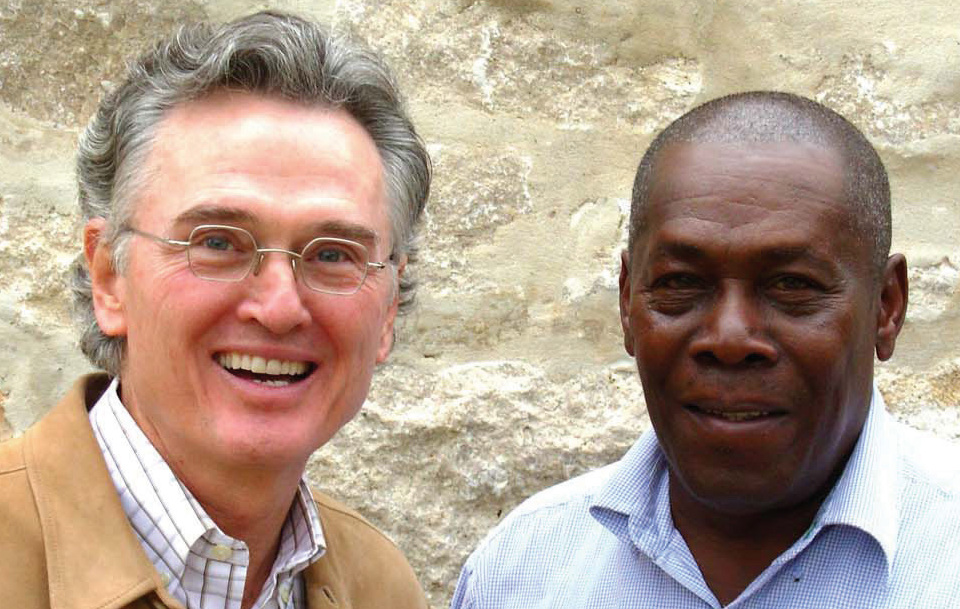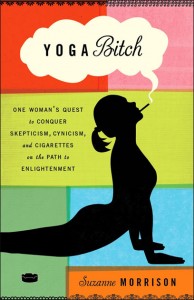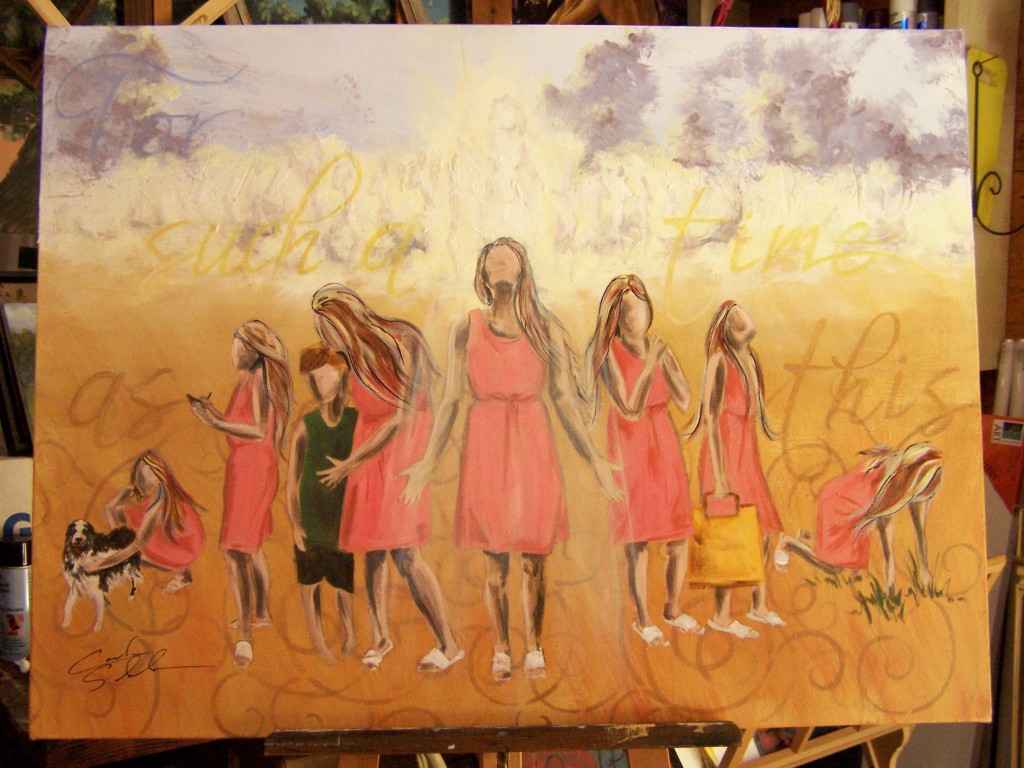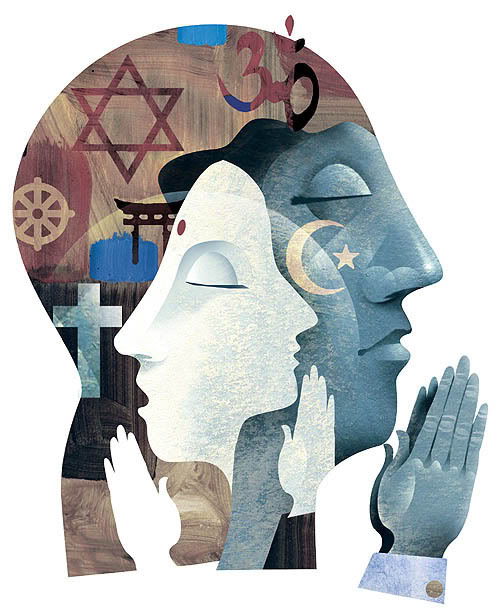 What Feminist Theater Means to Me
What Feminist Theater Means to Me
Let me first start by introducing myself to those who don’t know me and stumbled upon this on accident. My name is Reesa. And I am an unabashed feminist. Some of you will stop reading or role their eyes at that, and that’s fine, it’s your right. Just as it is my right to believe that all humans are equal, regardless of sex, color, sexual orientation, or anything else you want to put in this category. I have spent the last few years of my life trying to figure out how to best work towards equality. I’m still working on it.
I am also a story teller. I have been in theatre for longer than I can remember, and its really been the only thing I have ever wanted to do. I started as an actress, then discovered directing and never looked back. I moved to NYC 5 years ago to pursue my theatrical dreams, and this is where this post actually starts.
Nope, one more thing about me, I am also a scholar. When I first started to write this blog, knowing where it needed to go, I pretty immediately do what I do – I started looking for sources and facts to back up my opinions – things smarter and more educated people have said, or studies (I LOVE studies!) have claimed to prove.
But then I stopped, because that’s not what this is about.
This is about what its like to be a female director in a theatrical world that mostly praises men while allowing token women. This is about what it feels like to watch 75 shows a year, and see myself , a female, on stage as a main character 10-15 times a year, if I’m lucky. This is about what it’s like to be asked about my boyfriend (or lack there of), my marriage plans (to my non-existent boyfriend), and my timeline for babies instead of how my art is going and whether I’m happy in the city or… really, anything that actually has to do with me every time I go home by some well meaning person with good intent. This is about an ex-boyfriend… ok, several ex-boyfriends who I let win fights, or even worse, apologized when I did nothing wrong. (And no, they never hit me.) It’s about being told by a professor that my worth as an academic wasn’t as good as that of my male collogues. And this is about telling these stories – I am a story-teller after all.
As a director, I believe my job is to make sure the story is told through the use of the author’s words. I’ve been doing it for many years, and I love it. I tend to choose projects that help foster the female voice in some way. I have used gender-blind cast, worked (and still work) with an all female Shakespeare troop (shout out Manhattan Shakespeare Project), chosen scripts with women who had hopes, and dreams, and foibles – women who make mistakes and clearly aren’t perfect – and, most importantly, women with agency, who make their own choices instead of just reacting to what is happening around them. I have loved doing it.
And then, every once in a while you get a script that hits you in the heart and soul, one that tells one of the stories that you’ve been trying to voice for years. For me, May Violets Spring is one such script. Playwright James Parenti has been developing this script for a while. The focus of it, originally, was the story of Hamlet, but with Ophelia as an equal partner in their relationship. He quickly realized how problematic that story was, and thus began the four-year trek to this production. In that trek, Parenti has taken language from most of Shakespeare’s cannon (it’s a fun game for those super Shakes nerds) and seamlessly intermingled it with his own original verse.
All of those things are cool, but the thing that drove me to want to be a part of this production is the focus on Ophelia. Parenti uses the framework of Hamlet to tell the Ophelia’s story, and her story is my story, is the story of so many women I know and love (and some I know and don’t love). Following in Shakespeare’s own footsteps, Parenti’s story reminds me of the power of theater to create a universal truth out of a single concrete example.
On top of Parenti’s incredible script, the cast tells the story with a clarity that is often missing in newer work. They know what the story is that they are telling, and how important it is to be told, and they do it.
But for all of us, this has been a labor of love, a thing we did because we believed in the story, the script, and the cast so much, that we all jumped. That is why we have been blown away with the support this production has received. We sold out most of our first run. So, once again, we are jumping. We are jumping into a one week extension because we believe in this show, what it means, and how vital it is that women’s stories are told. I understand the power of theater, I believe in it, I have made it my life because of it. And I believe in the power of this show, and shows like it, to help society shift and change. Augusto Boal, a theatre revolutionary, once said “All theatre is political.” I don’t think he was wrong. Any time a story is told, it ads to the conversation that is society. And I think it’s time for Ophelia to find her voice in that dialogue.
And no, I would not be so sure you know how it ends.

